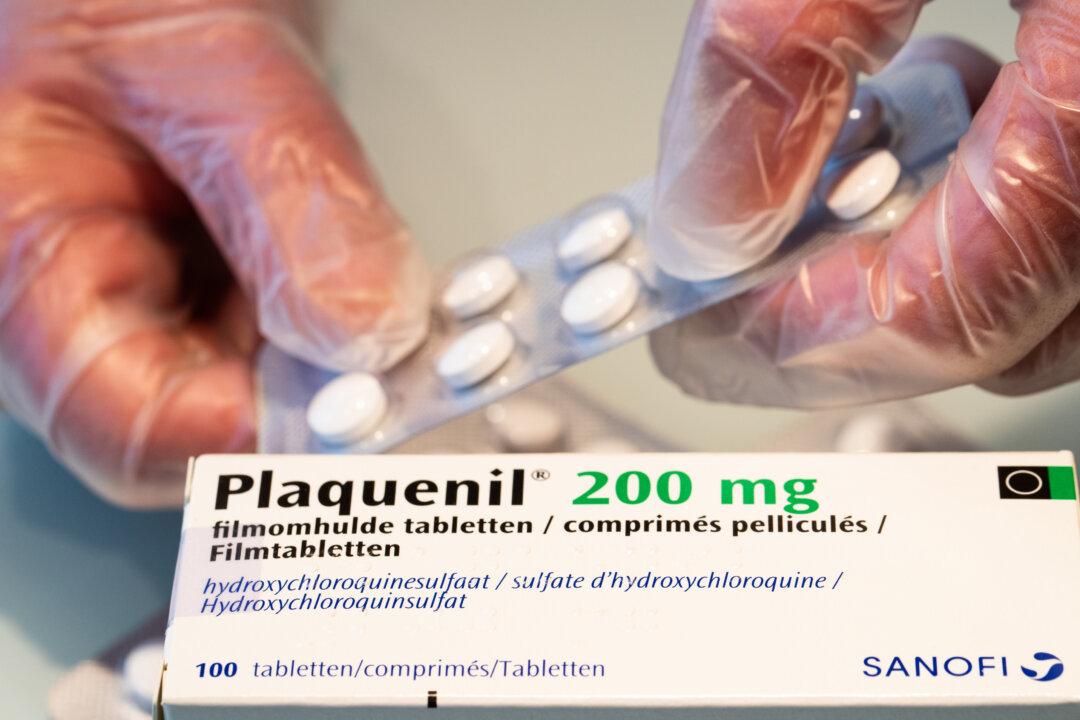Osteopathic physicians are suing Nevada’s governor and the state’s pharmacy board over their decision to ban the use outside of hospitals of two relatively safe, well-established anti-malarial drugs to treat COVID-19, the disease caused by the CCP virus.
Reno attorney Joey Gilbert, who filed the lawsuit April 21 in state court in Washoe County, Nevada, said his clients believe that “the doctor and patient relationship is sacred and that the private practitioner is in a better position” to know how to treat a patient than an emergency room physician who is seeing the patient for the first time.





